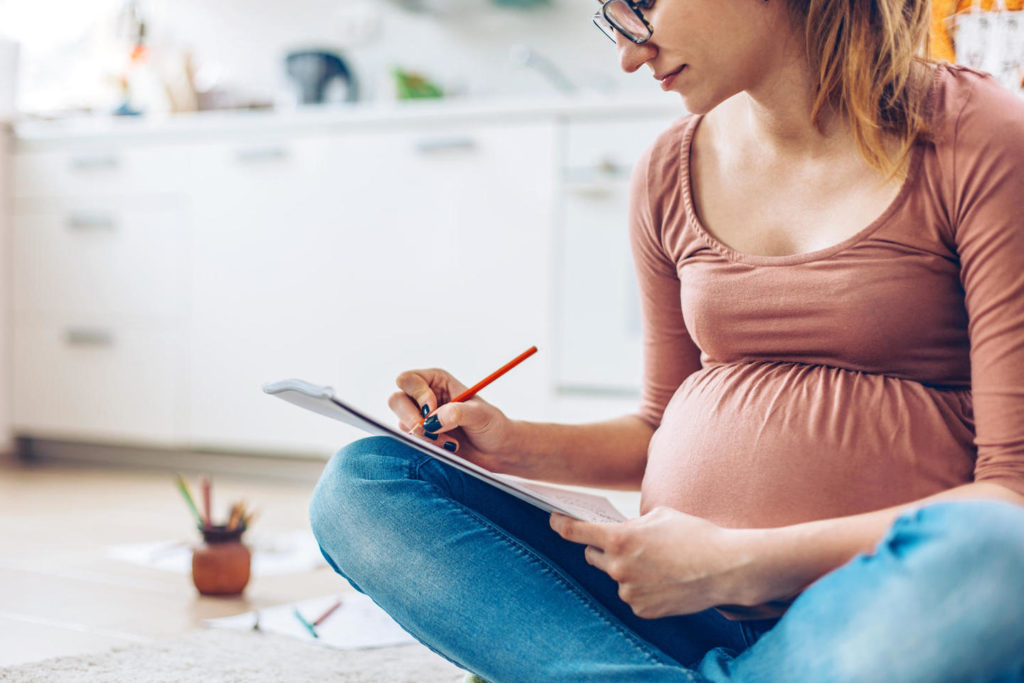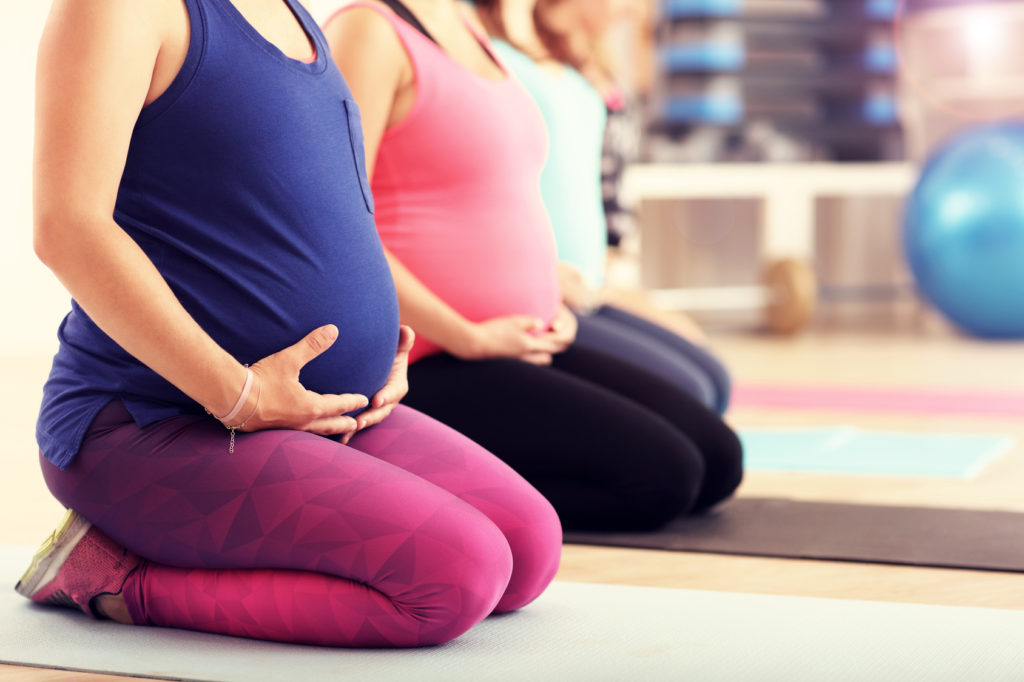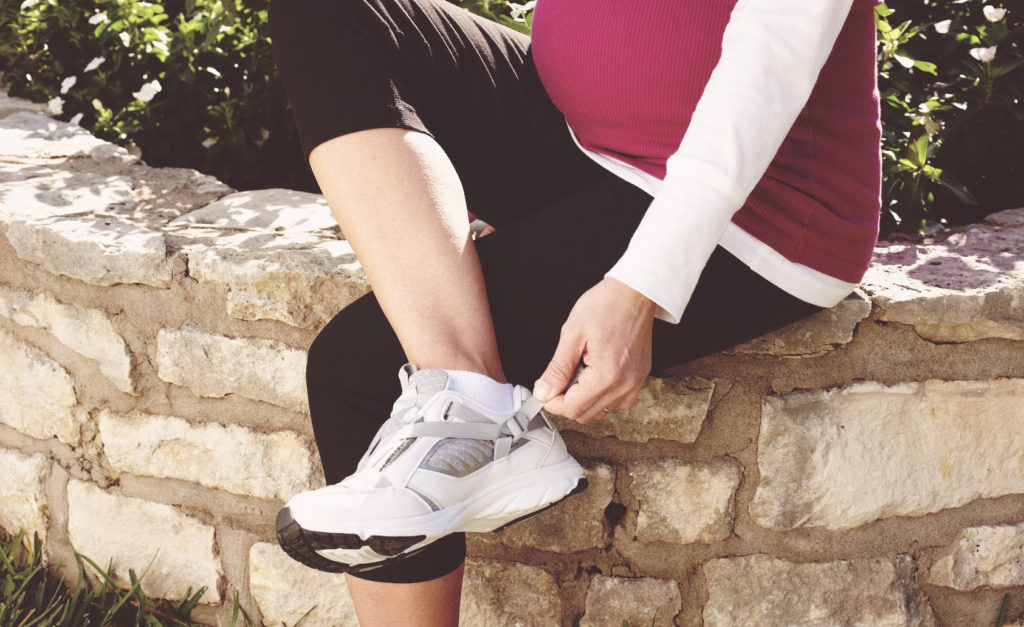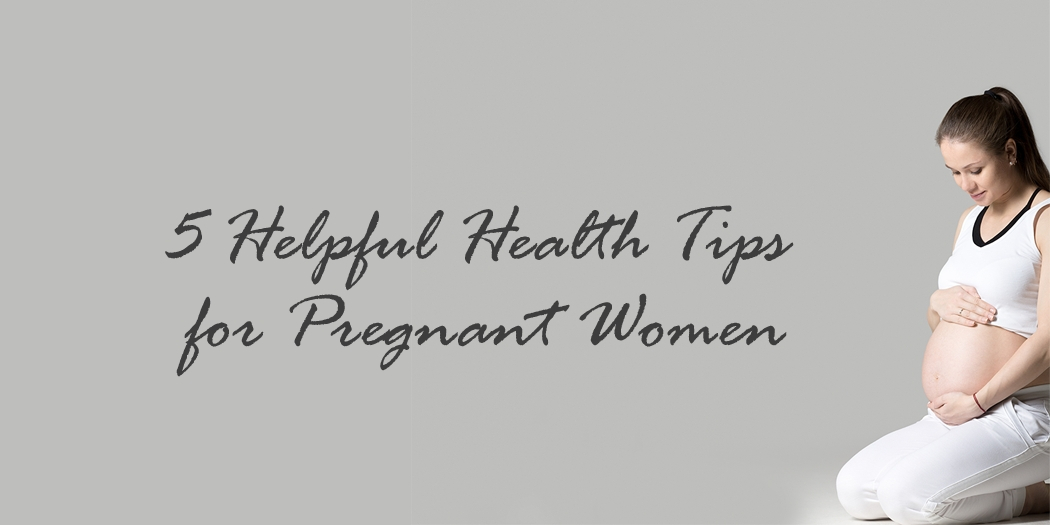Everyone probably has enough ideas for the most basic of pregnancy tips like not smoking, not drinking, or basically just asking your doctor what are the things that you’re forbidden to do. To help you with your pregnancy, here are some healthy tips that you can find incredibly helpful.
1. Exercise Regularly

Your general fitness or health goals don’t stop even if you’re pregnant. You still need to stay active since this is an important part of your general health and this can also potentially help you control your weight, improve circulation, boost your mood, and reduce stress. You can do this by walking at least 15-20 minutes every day at a moderate pace and in cool, shaded areas to prevent overheating or your blood pressure shooting up.
You can also opt for pregnancy exercise classes, or try yoga, swimming, and Pilates. However, before doing any of these, it is still prudent to check with your doctor first. Be active and exercise regularly but don’t overdo it. If your body is already straining, stop it and ask your doctor for recommendations on your next checkup.
2. Prepare a Birth Plan

This might seem to early to plan especially if you’re still on the early stages of your pregnancy but then this should be something that all pregnant women have so that by the time delivery comes, they’re at least prepared. Write down what you want or expect on your delivery. Here are some things to consider during delivery, according to the American Pregnancy Association:
– Who do you want to be present during the delivery?
– Are there procedures that you want to avoid?
– Do you have any preferred positions for labor and delivery?
– Are there special clothing that you’d want to wear?
– Do you want pain medications?
– Do you want music or any special focal point?
– What to do if complications arise?
It’s important to be prepared for any complications and to prepare contingencies in case your initial plans wouldn’t work.
3. Read Up on Kegels

 If you’re not yet familiar with the term, Kegels are exercises that helps strengthen the pelvic floor muscles. These muscles, in turn, support your bladder, bowels, and uterus. These set of exercises can help make delivery easier for pregnant women and even prevent problems later with incontinence.
If you’re not yet familiar with the term, Kegels are exercises that helps strengthen the pelvic floor muscles. These muscles, in turn, support your bladder, bowels, and uterus. These set of exercises can help make delivery easier for pregnant women and even prevent problems later with incontinence.
Here’s how to correctly practice Kegels:
– Imagine yourself inside a bathroom and practice squeezing as though you’re stopping the flow of urine.
– Hold for three (3) seconds and then relax for another three (3) seconds
– Repeat this ten (10) more times
The best thing about Kegel exercises is that mo one can tell if you’re doing them so you can do them almost anywhere. You can do these exercises while you’re sitting in the car or waiting for your name to be called in the bank.
4. Get Comfortable Shoes

As you’re nearing your term, you might feel that your feet are also growing with your baby bump – which naturally necessitates you buying new shoes. While your feet are not really growing, your natural weight throws off your center of gravity, thereby putting extra pressure on your feet. The added pressure can then cause painful over-pronation or flattening out of the feet. The retention of fluids too can make your feet and ankles swell.
With that, you need comfortable shoes that are non-restricting when you’re pregnant. Most pregnant women wear shoes that are larger than their normal shoe size even after delivery. Also, remember to put up your feet several times a day to prevent fatigue and the swelling of your lower limbs.
5. Eat More Fish

Other than folate-rich foods like asparagus, lentils, oranges, and fortified cereals, pregnant women should also eat more fish. A study in 2007 of more than 12,000 children found out that the children whose mothers ate the most fish during pregnancy had higher IQ levels and had better communication and motor skills than those mothers who did not eat as much fish. Mercury-free fish, that is. There are some fish that contains mercury, a substance that is both toxic to babies and adults alike.
The Food and Drug Administration (FDA) recommends a 12-ounce serving of fish every week for pregnant women. To be safe, stick with salmon, canned light tuna, pollack, or catfish. Avoid mackerel, swordfish, tilefish, and shark since all of those fishes are high in mercury.
Know When to Call Your Doctor
First time pregnancy can be very confusing. You have to consider a lot of unnatural and odd feelings every now and then and sort out which of these are serious enough to warrant a visit to the doctor or even a 911 call. According to the Centers for Disease Control and Prevention (CDC), you should call the doctor if you experience the following:
– Pain of any kind
– Contractions at 20-minute intervals
– Strong cramps
– Vaginal bleeding or leaking of any fluid
– Dizziness or fainting
– Edema
– Heart palpitations or shortness of breath
– Constant nausea or vomiting
– Decreased activity by the baby
If you experience any of the symptoms above, call a doctor immediately or ask someone to call a doctor for you if you could feel yourself fainting already



